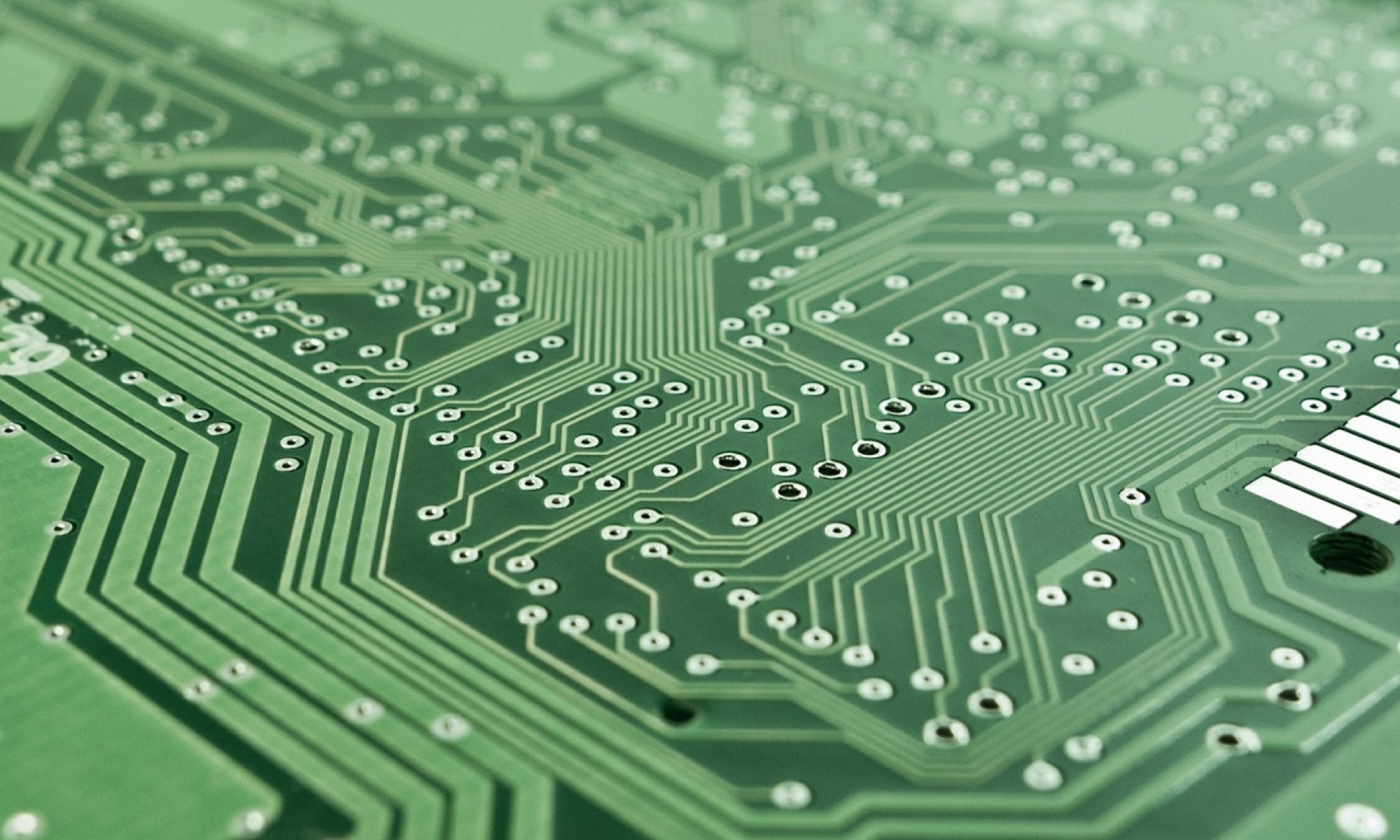
This post was written by ISTC staff member Kirsten Walker.
The International Sustainable Electronics Competition welcomes back Jason Linnell of the National Center for Electronics Recycling (NCER). This is Jason’s second year as a juror and we are grateful to him for his continued commitment to this educational initiative. The National Center for Electronics Recycling (NCER) is a 501(c)(3) non-profit organization formed in 2005 that is dedicated to the development and enhancement of a national infrastructure for the recycling of used electronics in the U.S.
As Co-Founder and Executive Director of NCER, Jason oversees research on electronics recycling data and policy, as well as management of the Electronics Recycling Coordination Clearinghouse (ERCC), (which also happens to be administered by fellow competition juror Lynn Rubinstein of the Northeast Recycling Council). Under Jason’s direction, the NCER manages and oversees the statewide network of collectors and recyclers for the Oregon State Contractor Program. Prior to forming the NCER in 2005, Jason served in the Environmental Affairs Department for the Electronic Industries Alliance, a trade association for electronics manufacturers and suppliers. At EIA, Jason led industry negotiations on electronics recycling policy efforts and helped developed the industry’s first comprehensive consumer education initiative on electronics recycling options.
Jason’s experience with electronics manufacturers, suppliers, recyclers, policy makers, and consumers make him a particularly well-rounded juror capable of assessing entries in the Product and Non-Product categories that address a variety of issues throughout the life cycle of electronic products. We’re pleased to have his expertise on the jury again this year.
.






